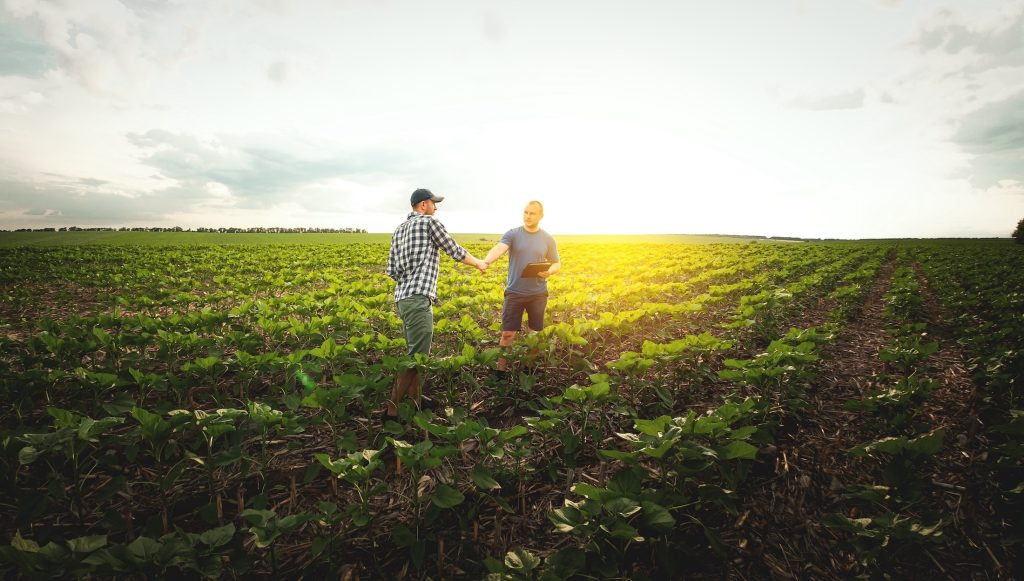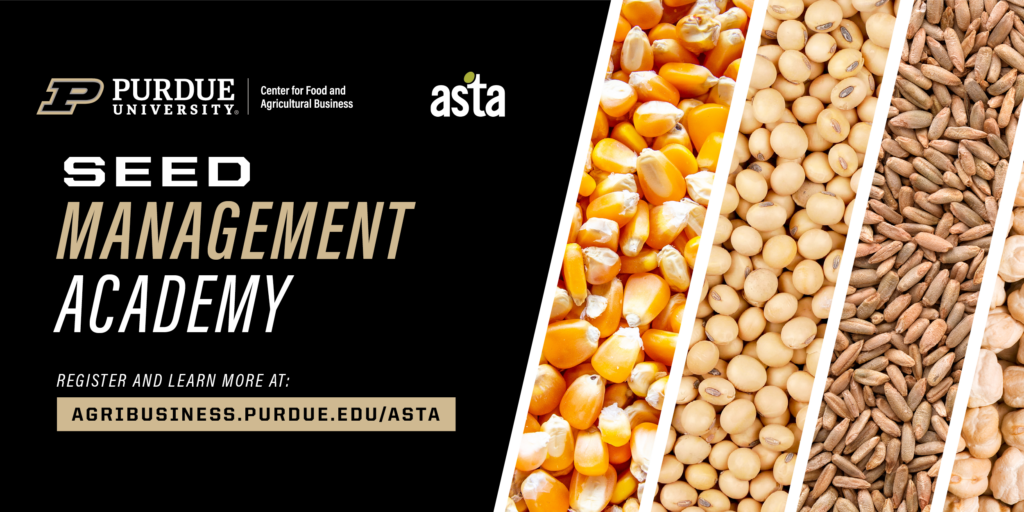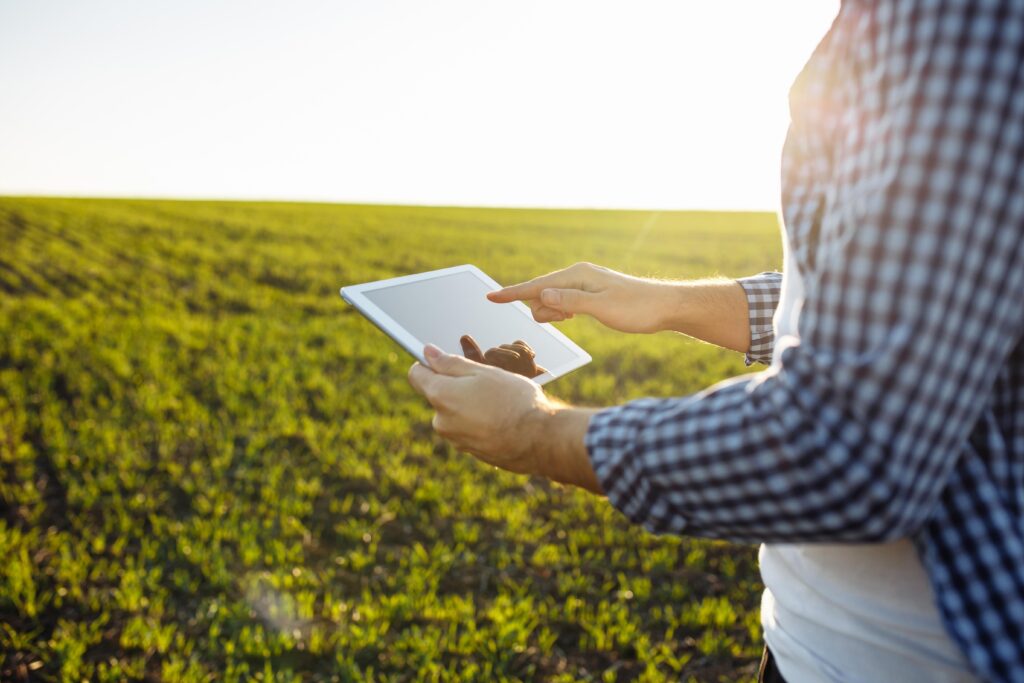For the majority of my career, relationships have been an important aspect of selling in agriculture. The connections between buyers and sellers remain one of the attractive aspects of working in a sales role, at least from my perspective, but there are several different types of relationships.
Social relationships between producers and the people who serve them are part of the rural community landscape. Many of my best friends today are people I developed sales relationships with early in my career. Buyers and sellers in agriculture often go to church together, have kids in sports together and see one another at industry events, in addition to sales exchanges between them. Social relationships remain important, but within my lifetime, I have seen another type of relationship between buyers and sellers evolve – business relationships.
Business relationships aren’t new. We’ve talked about them for decades; however, continued consolidation, increased technology and complexity in exchanges between buyers and sellers have led to the unavoidable realization for many that a business relationship, separate from social relationships, is an expertise that good sellers can’t do without. Generation shifts add to the challenge of purely social relationships driving sales. New research indicates that, for many producers, the “relationship” with a salesperson is primarily a risk management strategy, so the producer has someone to (yell at) support them if things don’t go as planned.
There is no doubt that, to be successful today, a producer must be a savvy businessperson – savvy enough to know that the cost of a salesperson is built into the price of the products they buy and savvy enough to consider whether the value they receive warrants the cost.
Then and Now
Historically, sales has been thought of as a promotional role, where salespeople explained products to potential buyers. This perspective came from a time when there was no internet and no other potential function for sellers to play beyond persuading someone to buy. Today, the world is a different place. All of us have access to nearly unlimited information on our cellphones and computers. Marketers know how to promote products and communicate messages to target markets proficiently. The best salespeople now are a source of value to producers on their own.
Relationship selling requires a salesperson to know their customer’s business strategy so they can tailor and co-create value uniquely for that producer, given the way they run their business. Selling today isn’t just about knowing how to push products or uncover customers’ needs. Everyone can do that. Differentiation and value are created when salespeople have a relationship to do something that other sellers – sellers who don’t have that relationship – are unable to do.
New Online Program
These points are the genesis for a new program we have launched at Purdue’s Center for Food and Agricultural Business called B2B Relational Selling. It is an online, self-paced program that will help both novice and experienced salespeople understand the tools that are necessary to have a business relationship and build unique value. Not every relationship requires such a formal approach, but every seller must be adept at these approaches when the situation or relationship calls for it.





